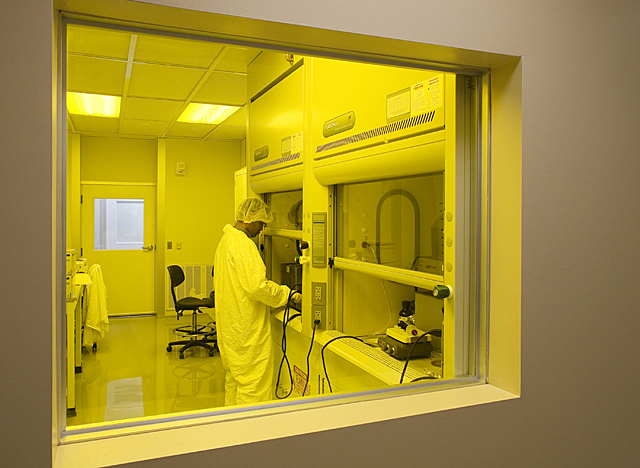The U.S. Pharmacopeial Convention (USP) is a nonprofit organization that works with scientists, practitioners and regulators to help ensure the quality of medicines and foods in the United States. The organization has published the final version of USP 800. This new chapter describes the safe handling of hazardous drugs in pharmacy, healthcare, and veterinary facilities with the aim of protecting employees, patients, and the environment.
USP 800 will be enforceable by federal, state and local regulatory agencies on July 1, 2018. Pharmacies, hospitals and healthcare environments will have to meet new requirements for the safe receipt, preparation, administration, storage, and transportation of sterile and nonsterile hazardous compounds.
One of the biggest challenges in complying with USP 800 will be meeting the facility and equipment requirements for hazardous drug containment and sterility. To reach compliance, many institutions will need to identify and fix some potentially major flaws in the design and layout of their facilities. For example, a recent survey noted that 25% of responding institutions use the “low volume” exemption defined in USP 797, which allows facilities to compound hazardous drugs in non-negative pressure rooms. USP 800 is removing this exemption, meaning that these respondents will likely need to modify their facilities in some form.
HERA has clinical healthcare experience with ISO Class 7 and higher cleanrooms; the containment of hazardous substances in primary containment devices and secondary containment areas; and an understanding of how to receive, store, dispose of and transport these substances, all of which is addressed in the new guidelines.
Our laboratory architects and planners understand the key concepts covered in USP 800. Because of the hazardous nature of the compounds, proper adjacencies are critical to creating clear and direct workflows within a safe environment. As with every laboratory, providing adaptable and flexible spaces is important to allow for future growth and easy modifications. HERA’s deep laboratory experience ranges from clinical labs to vivariums to highly-technical research laboratories and teaching labs. This broad range of experience gives a unique ability to address issues of safety, cleanliness, and training using lessons from many disciplines.
One year is a short timeframe to make the necessary updates. How can we help? Interested in learning more about how HERA can help? Please contact Principal Barbara Spitz or Laboratory Planner Joshua Evans.
